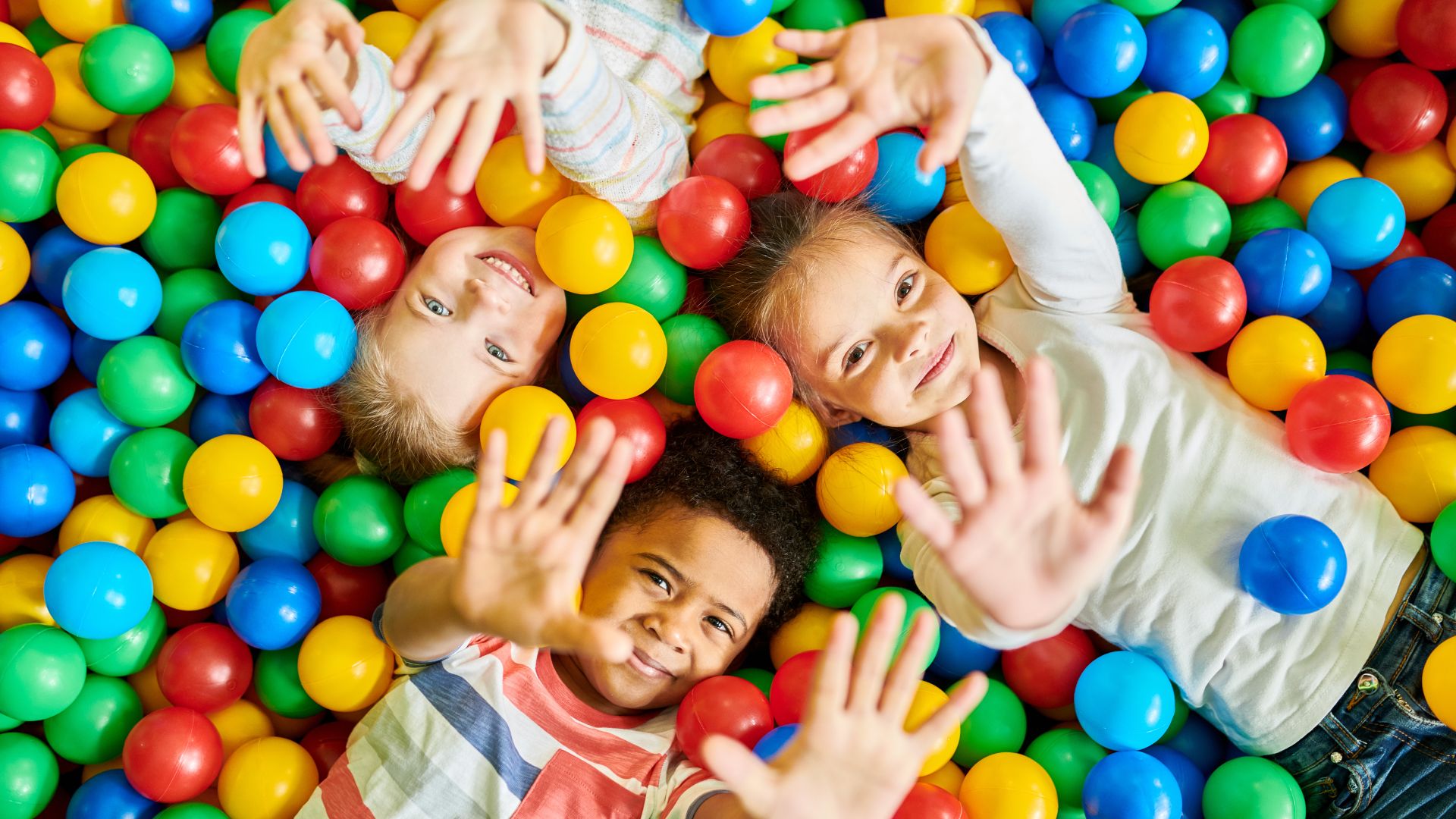Why Play Matters: The Growing Research Behind Playful Learning
As we learn more about the healthy benefits of play, more and more agencies, organizations and communities are encouraging children to participate in playful activities. This is driven by growing research that indicates children need, desire and enjoy play.
Worldwide Day of Play: Turning Off Screens to Turn On Imagination
On September 27, 2008, we will celebrate a Worldwide Day of Play, in which six children’s television networks will go dark for three hours. This is in an attempt to motivate children to get away from the TV set and engage in healthy play. The six networks who will participate, on Dish Network only, are Nickelodeon, Nicktoons Network, NOGGIN, THE N, Nick 2, and GAS.
This should not be a difficult task for children, as they naturally communicate through play. Toys become words to express feelings, thoughts, behaviors, desires and wishes.This becomes especially powerful when a child can share in the play with another person, either friend, parent, sibling or therapist. A child can experience the power and safety of revealing significant concerns, deep emotions, or relevant issues in a natural manner.
Make It a Habit: Creating Your Own Family Day of Play
On September 27th, when TV is unavailable, gather some toys in a circle on the floor, create a backyard game or go to the park with your family. If you are unable to take advantage of this Worldwide Day of Play on the 27th, I encourage you to set aside a weekly or monthly Family Day of Play. Eliminate all other obligations and plan to share in the joy, communication and release of a few hours of good old-fashion playtime!

